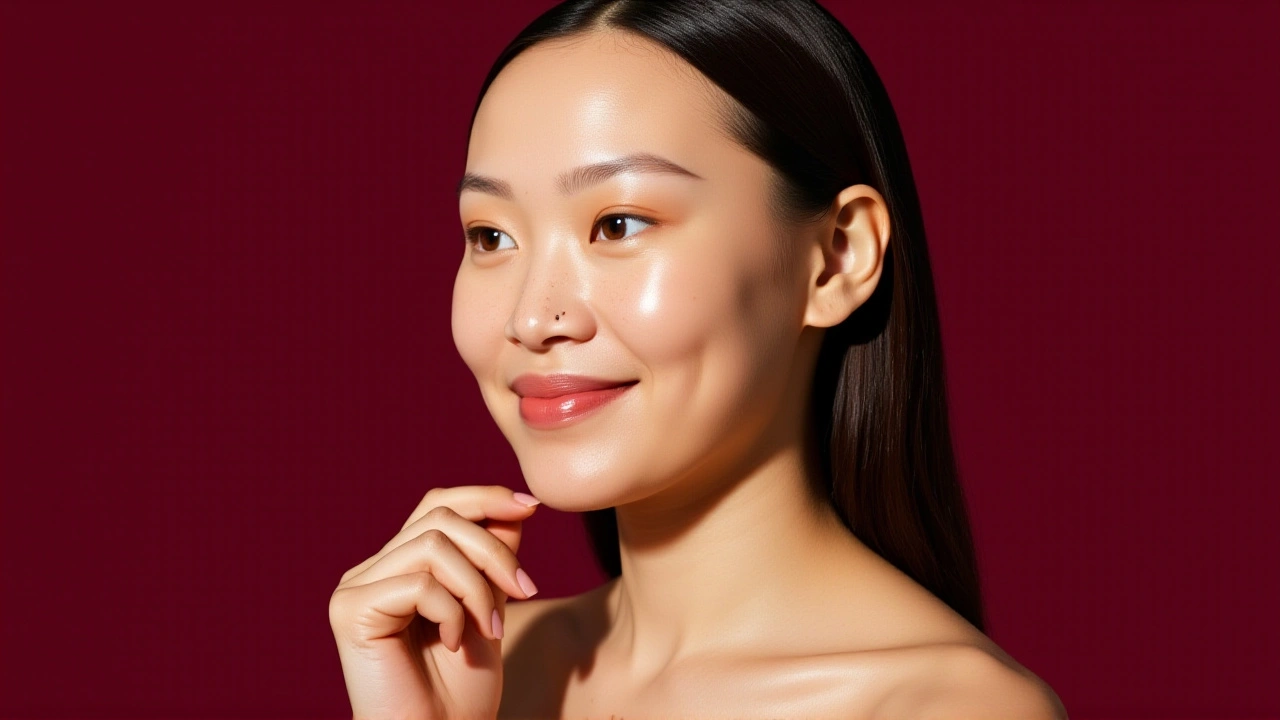Amazon's Prime Big Deal Days ends tonight, offering up to 31% off top K-beauty brands like Medicube. Last‑minute shoppers have until 11:59 PM PT to grab the deals.
When working with Medicube, a South Korean line that blends clinical research with everyday skincare. Also known as medicube, it focuses on proven actives and technology‑driven formulas. Its approach to Acne treatment, targeted regimens that combine salicylic acid, niacinamide and peptide complexes reflects a deeper partnership with Dermatology, the medical field that studies skin health and disease. The brand also rides the wave of K‑beauty, Korean beauty trends that prioritize layered care and scientific transparency. In short, Medicube encompasses acne treatment, requires dermatology research, and lives inside the K‑beauty ecosystem.
Why does this matter for the stories you’ll see below? Health‑focused news often cites breakthroughs in biotechnology, policy shifts that affect medical product regulation, and consumer trends shaping what ends up on bathroom shelves. For example, the South‑South biotech partnership between Nigeria, Brazil and Cuba highlights how new research pipelines can feed ingredients used in acne gels or anti‑aging serums. Likewise, changes to labor contributions in Kenya may influence purchasing power for premium skincare, while studies on acetaminophen during pregnancy remind readers that safe ingredient choices matter for both mothers and skin‑care users.
Medicube’s formulas rely on ingredients that pass rigorous Dermatology testing, and the brand’s growth mirrors the rise of K‑beauty’s data‑driven marketing. When a new peptide shows anti‑inflammatory results in a lab, skincare companies like Medicube translate that into creams that promise clearer skin. This pipeline—research, validation, product launch—creates a clear semantic chain: Scientific discovery influences ingredient selection, which drives product development, which finally reaches consumers. The articles below illustrate different links in that chain, from policy news that shapes market conditions to science reports that could become tomorrow’s active ingredient.
Among the posts you’ll find, a piece on acetaminophen and autism examines how public health guidance can shift consumer confidence in over‑the‑counter products. Another story on Nigeria’s currency moves hints at how exchange‑rate fluctuations affect import costs for Korean skincare brands. The biotech collaboration news gives a glimpse into future ingredient sourcing, while the NSSF contribution hike shows how wages might affect disposable income for skincare enthusiasts in East Africa.
Understanding Medicube’s place in this broader landscape helps you see the connections between a new acne serum launch and a government policy change on the same day. It also clarifies why a reader interested in clinical skincare would benefit from reading about South African fuel levy hikes—higher transport costs can raise product prices, influencing buying decisions. Each article adds a piece to the puzzle of how science, economics, and consumer habits intersect around skin health.
Below you’ll discover a curated mix of health, economics, and innovation stories that together paint a picture of the forces shaping modern skincare. From laboratory breakthroughs to market‑level shifts, the collection offers a practical snapshot of why Medicube and similar brands matter beyond the vanity shelf. Dive in to see how each headline ties back to the science‑first, consumer‑aware philosophy that defines the brand.
Read on to discover why Medicube matters in today’s skincare conversation and how the surrounding news provides context for its evolution.
Now, explore the articles below for deeper insight.

Amazon's Prime Big Deal Days ends tonight, offering up to 31% off top K-beauty brands like Medicube. Last‑minute shoppers have until 11:59 PM PT to grab the deals.